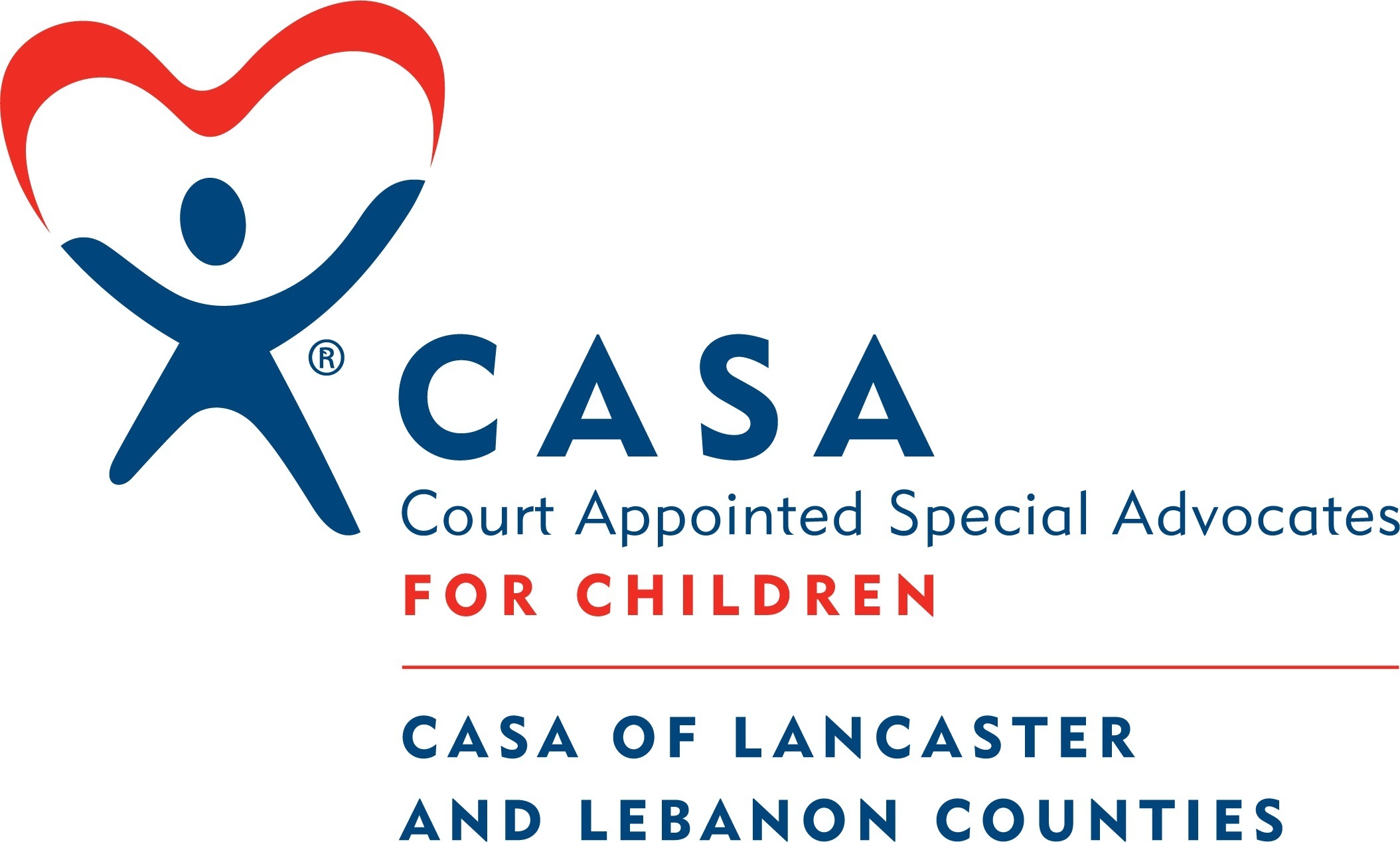Have a Question About Volunteering?
-
What is a CASA Volunteer?
A Court Appointed Special Advocate (CASA) Volunteer is a trained citizen (21 years or older) who is appointed by a judge to represent the best interest of a child in court. The children that CASA Volunteers advocate for have been abused and neglected and placed in to the foster care system. CASA Volunteers work to help ensure a safe and permanent home for the child as quickly as possible. A CASA Volunteer is an extension of the "eyes and ears” of the judge.
-
What specialty or expertise do CASA Volunteer Advocates have to have?
CASA Volunteers come from all walks of life with a variety of professional, educational, and ethnic backgrounds. Some are retired educators or social workers, some volunteer while working full time or going to school. Regardless of their backgrounds or training, all of them simply want to help the most vulnerable members of their community.
-
What training does a CASA Volunteer Advocate receive?
After completing an interview and the necessary background clearances, CASA Volunteers must complete a comprehensive 30-hour training. The training curriculum is designed by the National CASA/GAL Association and is facilitated by CASA Staff.
-
How does a CASA Volunteer Advocate investigate a case?
In order to prepare their court reports, CASA Volunteers review all records pertaining to the case. Most importantly though, the CASA Volunteer speaks with the child and others involved in the child’s life such as biological parents, foster parents, social workers, teachers, doctors and therapists.
-
What is the time commitment?
CASA Volunteers must commit to the initial 30 hours of pre-service training. Once appointed to a case, CASA Volunteers spend anywhere from 10-15 hours per month on their case. We ask that CASA Volunteers see the child they are assigned to once every 30 days, and remain involved with their case until permanency is achieved for the child, which is about 18-24 months.
-
Do CASA Volunteer Advocates make a difference?
Studies show that if a child has a CASA Volunteer they are more likely to receive needed services, such as health care, therapy, and education. These children are more likely to achieve a safe and permanent home, rather than languish in long-term care.


